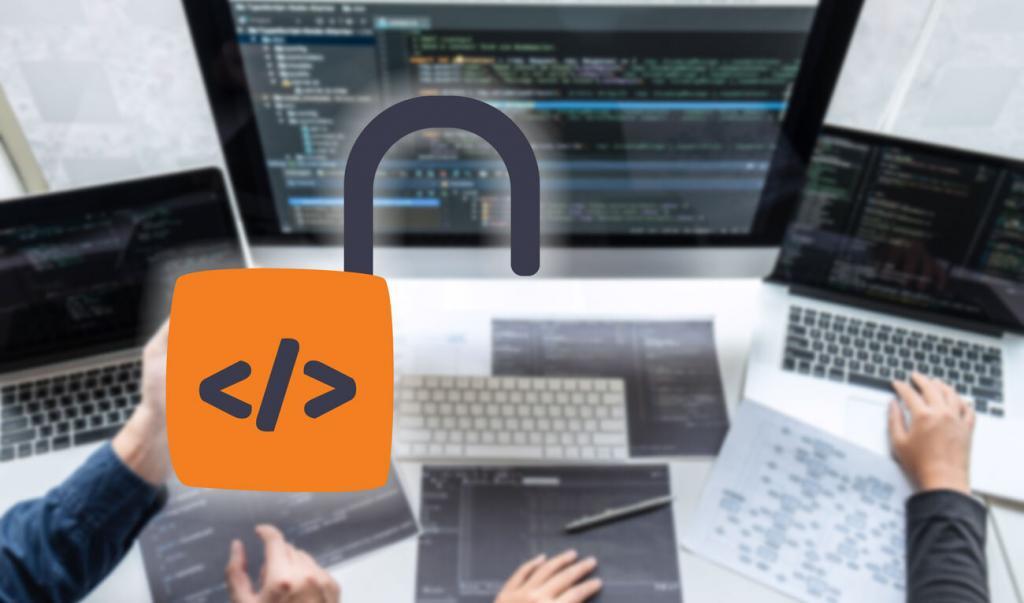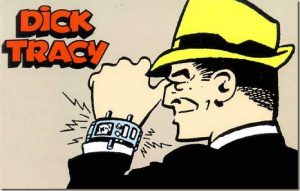
In 1998 I began a long journey in the world of Open Source. I founded PaloSanto Solutions, probably the company with the most history in the world of free software in Ecuador, and probably one of the most important in the region.
On this path I met many people, from the controversial Richard Stallman, staunch defender of the concept of free software in the world, to entire communities dedicated to the development of open source solutions.
In 2006 I started a software project called Elastix, a telephone switchboard, which became one of the most important free software and open source projects in the world. Elastix was developed with a free GPL license and in 2016 I decided to step aside after much physical and mental exhaustion. I love developing products and found that I was doing very little of that and a lot more management / marketing / management stuff. It was no longer fun. But despite this decision, the code that we leave is still alive, thanks to the philosophy of sharing. Currently the code of what was Elastix is the most important component of several products in the industry. ESA is one of the advantages of free software.
But why two terms? What is the confusion between open source and free software?
Open source, easy to understand
Open source (also called open source) is literal; open the code and that's it. All software that displays its code is open source. It is very simple and practical up to here. Now comes the trouble with the contracts.
Free software, force sharing
Free software goes further, essentially trying to translate a work-sharing philosophy into software products. That is, it is not enough to show the code, but whoever uses the code is obliged to share any derivative work of its use.
Controversy
Free software involves contracts, contracts to force users to share. In other words, if a user makes a modification to a free software that he found on the Web, he is obliged to do several things, among which the fact of also sharing his modifications stands out. Many see this as a limitation rather than a freedom and question the use of the word "free", which in English is still a more confusing matter, since its translation is "free", which in turn means free and free.
So, it happens that many users think that all free software is free.
Free software is free?
Neither free nor open source software is required to be free. It is true that most free software or open source products are free, but nothing forces you to do so. It is rather a habit.
The point is that it is difficult to charge for something that can be downloaded freely and in practice, therefore, charging does not work, the human being will try to skip a payment whenever he can, we are not as supportive as it seems, so what the free software companies is to develop a whole series of products or services around the free product to earn money. For example, training.
Which is better?
It is not an easy matter at all. Depends on point of view. But the trend in terms of licensing is to become less and less restrictive, that is, they do not necessarily force the user to share, but to do whatever they want.




